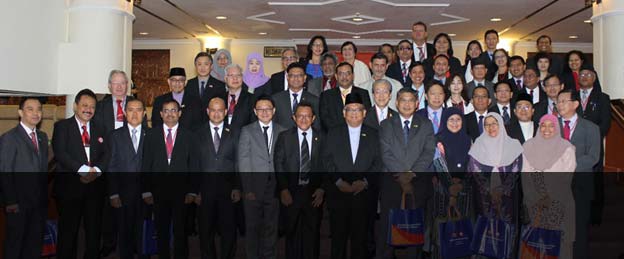Full issue 8
The year 2015 marks the beginning of ASEAN Economic Community, which is affecting the lives of 622 Million people and creating the third largest economy in Asia. TVET is the educational sector that vastly contributes towards the quality of living and societal development. Regional TVET systems need to continuously develop and readjust to a changing environment in globalized competition on national and regional level. Relevant issues such as emerging TVET programmes, readjustment of curriculum contents, quality assurance, labor market information, recognition of qualifications across country and region, and sustainability are some areas that need special attention.



